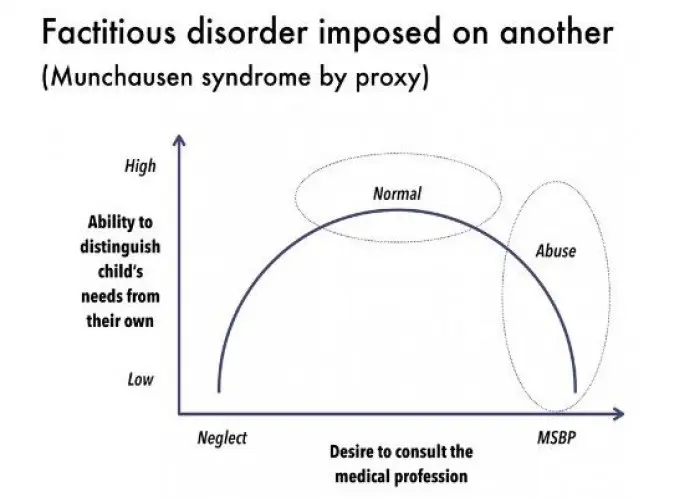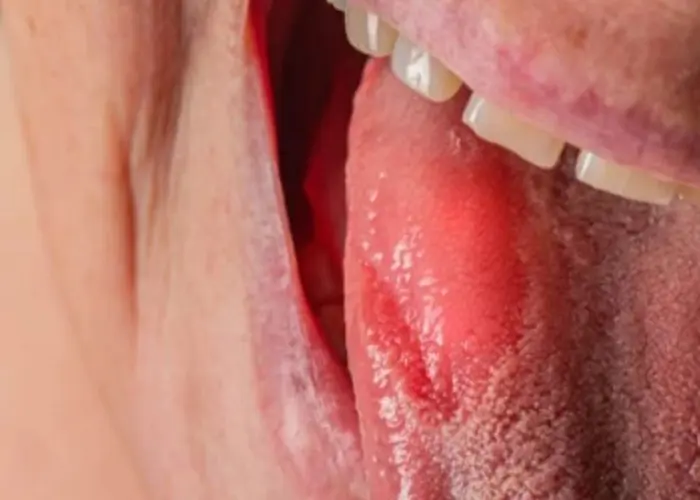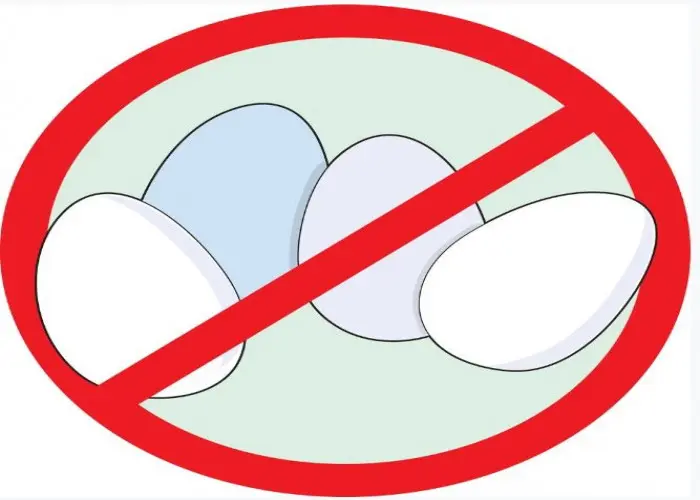 Welcome
Welcome
“May all be happy, may all be healed, may all be at peace and may no one ever suffer."
Nasopharyngeal carcinoma

Nasopharyngeal carcinoma (NPC) is a type of cancer that develops in the nasopharynx, the upper part of the throat behind the nose. It is a rare form of cancer that is more common in certain parts of the world, such as Southeast Asia, North Africa, and the Mediterranean region.
The exact cause of NPC is not well understood, but it is thought to be associated with a combination of genetic and environmental factors. In particular, infection with the Epstein-Barr virus (EBV) has been linked to the development of NPC.
Symptoms of NPC may include a persistent sore throat, difficulty swallowing, nasal congestion, nosebleeds, ear pain or hearing loss, and swollen lymph nodes in the neck. These symptoms may develop gradually over time or may appear suddenly.
Diagnosis of NPC may involve imaging tests such as CT or MRI scans, as well as a biopsy to examine a tissue sample for cancerous cells. Blood tests may also be performed to detect EBV antibodies.
Treatment options for NPC depend on the stage of the cancer and may include radiation therapy, chemotherapy, or a combination of these treatments. Surgery may also be recommended in some cases. Supportive care, such as pain management and nutritional support, may also be provided to manage symptoms and improve quality of life.
The prognosis for NPC varies depending on the stage of the cancer and the individual's overall health. It is important for people with NPC to work closely with a healthcare team to develop a treatment plan that meets their individual needs.
Research Papers
Disease Signs and Symptoms
- Swollen lymph nodes
- Headaches
- Sore throat
- Ear infections
- Deafness (Hearing loss)
- Ringing in ears (tinnitus)
- Nasal congestion
- Nose bleeding
- Blood in saliva
- Nasal congestion or ringing in the ears
Disease Causes
Nasopharyngeal carcinoma
Cancer begins when one or more genetic mutations cause normal cells to grow out of control, invade surrounding structures and eventually spread (metastasize) to other parts of the body. In nasopharyngeal carcinomas, this process begins in the squamous cells that line the surface of the nasopharynx.
Exactly what causes the gene mutations that lead to nasopharyngeal carcinoma isn't known, though factors, such as the Epstein-Barr virus, that increase the risk of this cancer have been identified. However, it isn't clear why some people with all the risk factors never develop cancer, while others who have no apparent risk factors do.
Disease Prevents
Nasopharyngeal carcinoma
No sure way exists to prevent nasopharyngeal carcinoma. However, if you're concerned about your risk of nasopharyngeal carcinoma, you may consider avoiding habits that have been associated with the disease. For instance, you may choose to cut back on the amount of salt-cured foods you eat or avoid these foods altogether.
Tests to screen for nasopharyngeal carcinoma
In the United States and in other areas where the disease is rare, routine screening for nasopharyngeal carcinoma isn't done.
But in areas of the world where nasopharyngeal carcinoma is much more common — for instance, in some areas of China — doctors may offer screenings to people thought to be at high risk of the disease. Screening may involve blood tests to detect the Epstein-Barr virus.
Disease Treatments
You and your doctor work together to devise a treatment plan based on several factors, such as the stage of your cancer, your treatment goals, your overall health and the side effects you're willing to tolerate.
Treatment for nasopharyngeal carcinoma usually begins with radiation therapy or a combination of radiation and chemotherapy.
Radiation therapy
Radiation therapy uses high-powered energy beams, such as X-rays or protons, to kill cancer cells.
Radiation therapy for nasopharyngeal carcinoma is usually administered in a procedure called external beam radiation. During this procedure, you're positioned on a table and a large machine is maneuvered around you, directing radiation to the precise spot where it can target your cancer.
For small nasopharyngeal tumors, radiation therapy may be the only treatment necessary. In other situations, radiation therapy may be combined with chemotherapy.
Radiation therapy carries a risk of side effects, including temporary skin redness, hearing loss and dry mouth.
A type of internal radiation therapy, called (brachytherapy), is sometimes used in recurrent nasopharyngeal carcinoma. With this treatment, radioactive seeds or wires are positioned in the tumor or very close to it.
Radiation therapy to the head and neck, especially when combined with chemotherapy, often causes severe sores in the throat and mouth. Sometimes these sores make it difficult to eat or drink. If this occurs, your doctor may recommend inserting a tube into your throat or stomach. Food and water are delivered through the tube until your mouth and throat recover.
Chemotherapy
Chemotherapy is a drug treatment that uses chemicals to kill cancer cells. Chemotherapy drugs can be given in pill form, administered through a vein or both. Chemotherapy may be used to treat nasopharyngeal carcinoma in three ways:
- Chemotherapy at the same time as radiation therapy. When the two treatments are combined, chemotherapy enhances the effectiveness of radiation therapy. This combined treatment is called concomitant therapy or chemoradiation.
- However, side effects of chemotherapy are added to the side effects of radiation therapy, making concomitant therapy more difficult to tolerate.
- Chemotherapy after radiation therapy. Your doctor might recommend chemotherapy after radiation therapy or after concomitant therapy.
- Chemotherapy is used to attack any remaining cancer cells in your body, including those that may have broken off from the original tumor and spread elsewhere.
- Some controversy exists as to whether additional chemotherapy actually improves survival in people with nasopharyngeal carcinoma. Many people who undergo chemotherapy after concomitant therapy are unable to tolerate the side effects and must discontinue treatment.
- Chemotherapy before radiation therapy. Neoadjuvant chemotherapy is chemotherapy treatment administered before radiation therapy alone or before concomitant therapy. More research is needed to determine whether neoadjuvant chemotherapy can improve survival rates in people with nasopharyngeal carcinoma.
What chemotherapy drugs you receive and how often will be determined by your doctor. The side effects you're likely to experience will depend on which drugs you receive.
Surgery
Surgery is not often used as a treatment for nasopharyngeal carcinoma. Surgery may be used to remove cancerous lymph nodes in the neck.
In certain cases, surgery may be used to remove a tumor from the nasopharynx. This usually requires surgeons to make an incision in the roof of your mouth to access the area to remove the cancerous tissue.
Disease Diagnoses
Disease Allopathic Generics
Disease Ayurvedic Generics
Disease Homeopathic Generics
Disease yoga
Nasopharyngeal carcinoma and Learn More about Diseases

Amyloidosis

Factitious disorder

Burning mouth syndrome

Stroke

Dog Bite

Egg allergy

Familial hypercholesterolemia

Pulmonary atresia
nasopharyngeal carcinoma, নাসোফেরেঞ্জিয়াল কার্সিনোমা
To be happy, beautiful, healthy, wealthy, hale and long-lived stay with DM3S.
